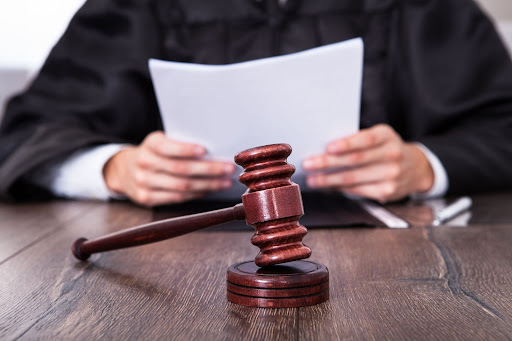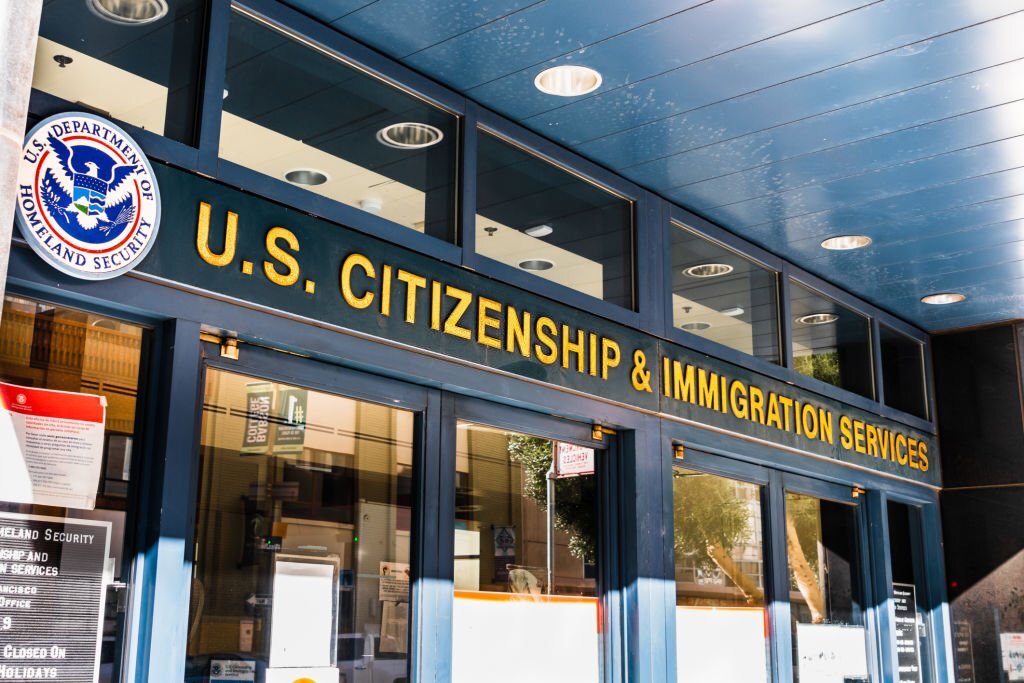How do you clear a bench warrant without going to jail?
David Katz
on
December 12, 2023
How do you clear a bench warrant without going to jail?
Bench warrants provide the judicial system with a unique tool to ensure those charged with a crime appear in court when required.
If you were charged with a crime, you need to take a bench warrant very seriously. Those with outstanding bench warrants or those seeking to prevent the issuance of a bench warrant should understand their options.
What is a bench warrant?
A bench warrant is issued by the judge overseeing a criminal case, typically a misdemeanor charge like a DUI or traffic violation.
However, bench warrants can also be issued in more serious felony cases.
Bench warrants are issued only after the defendant has failed to appear in court. This typically occurs when a criminal defendant is currently out on bond or is on probation and neglects to appear in court on a scheduled court date.
Typically judges also issue a bond amount on bench warrants.
Once a bench warrant is issued, law enforcement within Florida and elsewhere will be notified of the bench warrant upon the defendant’s identification. Addressing bench warrants as quickly as possible is best to prevent issues with a criminal case.
How does a bench warrant differ from an arrest warrant or an alias capias warrant?
As mentioned above, bench warrants are used in many misdemeanor cases where a defendant has failed to appear in court.
In addition, bench warrants provide notice to law enforcement agencies to detain a person after identification and investigation.
However, other types of warrants include arrest warrants and alias capias warrants.
Arrest warrants
An arrest warrant is a document issued by a judge authorizing law enforcement to detain a criminal suspect, search their person and property, and seize property under the suspicion of criminal misconduct.
Arrest warrants are really not that common. Most arrests are made based upon probable cause at the scene of a crime.
Alias capias warrants
Similar to a bench warrant, a judge overseeing an ongoing criminal case can issue this type of warrant once the defendant fails to appear in court.
These differ from bench warrants because alias capias warrants are issued in felony cases and signal to law enforcement that the warrant be actively pursued.
Further, a person arrested on an alias capias warrant cannot be released on bond.
Addressing bench warrants
Bench warrants can result in many consequences for a criminal defendant, including revocation of probation, forfeiture of bond money, additional court costs and fees, and additional criminal charges.
Therefore, when addressing a bench warrant, it is best to engage the services of an experienced Florida bench warrant attorney.
When addressing a bench warrant, a defendant has multiple options to resolve the warrant before it negatively affects the person’s criminal case, which include:
- Motioning to the court to withdraw the warrant because it was issued improperly.
- Filing a Motion to Withdraw or Quash the warrant stating that the failure to appear was unintentional or unavoidable given the defendant’s circumstances.
- Surrendering to the court or law enforcement.
- Negotiating the parameters of surrendering to the court or law enforcement with the assistance of legal counsel.
Consequences of a bench warrant
If a criminal defendant believes a bench warrant has been issued for their arrest, they should immediately contact their attorney. Being arrested on a bench warrant without attempting to resolve the warrant can dramatically harm one’s criminal case and can result in incarceration.
Lastly, bench warrants can appear on a person’s criminal record, which could impact that person’s credit score, job opportunities, social service benefits, housing, custody, and overall social standing in one’s community.
Contact us today
If you or a loved one has recently been charged with a crime and failed to appear in court, there is a good chance that the judge overseeing the case has issued a bench warrant.
Without proper representation, bench warrants can create havoc in a person’s life and often result from circumstances that can be rationally explained to the judge.
The Orlando criminal defense attorneys with Katz & Phillips, P.A. have experience addressing numerous bench warrants on behalf of clients. Contact us today for a consultation.



